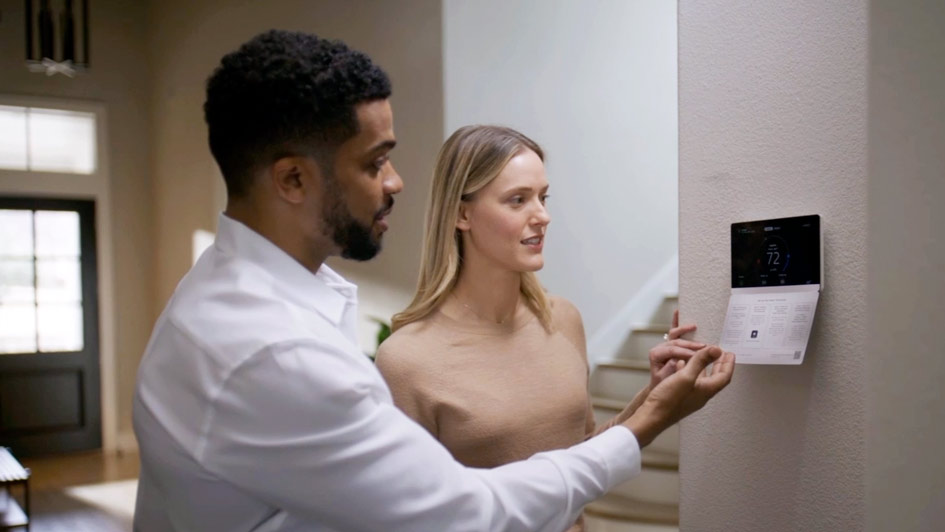
Buying your first home is exciting. You’re probably juggling a dozen things or more about making the right choice. We believe that gaining insight into your potential new HVAC system is essential. The property’s HVAC system represents a significant investment and source of potential long-term costs, which is why due diligence helps all first-time homebuyers.
In this guide, we’ll share seven tips for discovering all there is to know about a home’s heating and cooling setup. And if you want a more in-depth opinion from the experts, feel free to call True Temp. Our seasoned technicians can help you compare your options with industry insights you won’t find elsewhere.
1. Which Kind of HVAC System Does the Home Use?
Start by determining what type of HVAC system the home has. Furnaces generally last longer than air conditioners, and relatively new types of HVAC equipment like heat pumps can offer average life spans longer than ever. Knowing the make and specific model provides a clear understanding of how much routine maintenance it might need.
2. How Old Is the Current HVAC System?
It’s just as smart to learn how old the HVAC system is when you're considering a new home. In general, HVAC systems last about 10-12 years. Learning its approximate installation date helps you plan for possible repair needs or when it might break down. Older systems are at a higher risk of problems, so fiscal planning for a replacement unit might be needed faster than expected.
3. Is the Warranty Active?
Be sure to check the HVAC system is covered by a warranty. If it is, this can assist with maintenance expenses. HVAC warranties often cover parts and labor, but specifics will vary. Review any terms you don’t recognize to ensure you understand your coverage and the likelihood of out-of-pocket costs.
4. Has the System Ever Been Professionally Serviced or Maintained?
Don't forget to check the maintenance history of the HVAC system, if such information is accessible. This kind of information can demonstrate if the system constantly broke down or how often maintenance is performed. Inquire about key tasks like filter changes, which means it enjoyed more regularly scheduled tune-ups.
5. Are You Aware of the System’s Energy Efficiency Ratings?
Purchasing a home with a heating and cooling system with high energy efficiency isn’t just smart; it leads to smaller utility bills and less of an impact on the environment. Try and find the seasonal energy efficiency ratio (SEER) ratings for air conditioning and the annual fuel utilization efficiency (AFUE) for furnaces. The higher the SEER rating, the more efficient the cooling over the whole season, while higher AFUE ratings indicate that the fuel is more effectively burned for useable heat.
6. Can You Spot Trouble After Completing an Informal Inspection?
Even without heating and cooling expertise, it's still a good idea to check out the HVAC system on your own. Watch closely for signs of problems that might have been overlooked. This might consist of odd sounds, stubborn patches of the house that are too hot or cold and attempts at concealing any serious damage.
7. Have You Sought Out Expert Advice?
If you're unsure about the condition of the HVAC system, it's wise to get an assessment and recommendation from experienced HVAC professionals. They are skilled at identifying things you might not, such as leaks in the refrigerant, bad electrical connections or damaged ductwork.
A Chat with True Temp Simplifies Your Home-Buying Journey
Finding your first home is meant to be a joyful event, and True Temp can ensure that doesn’t change. Reach out with us at 772-202-2963. We can discuss how our HVAC services ease your mind, giving you what you need to step into your new home with confidence.
